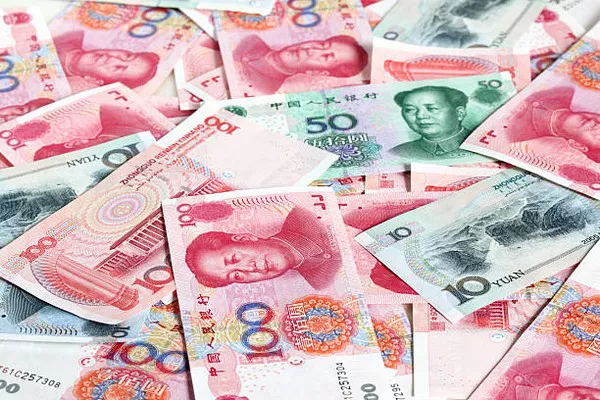The global economic landscape is continually shaped by the policies and actions of major players, and one recurring phenomenon that has caught the attention of economists and market participants is the weakening of China’s yuan. The People’s Republic of China, with its significant role in international trade and finance, has been observed deliberately allowing its currency to depreciate against the U.S. dollar and other major currencies. In this article, we will delve into the reasons behind China’s decision to weaken the yuan and the potential implications for the global economy.
Trade War Dynamics
One of the primary drivers behind China’s yuan depreciation is the ongoing trade tensions with the United States. The two economic giants have engaged in a protracted trade war, marked by tit-for-tat tariffs and trade barriers. To counteract the impact of U.S. tariffs on Chinese exports, Beijing has opted to allow its currency to weaken. A depreciated yuan makes Chinese goods more competitive on the global market, helping to offset the negative effects of tariffs and supporting the country’s export-driven economy.
Export Competitiveness
China’s economy has long been reliant on exports as a major driver of growth. By deliberately weakening the yuan, Chinese authorities aim to boost the competitiveness of their exports. A lower exchange rate makes Chinese goods more attractively priced for foreign buyers, potentially leading to increased demand for Chinese products. This strategy is especially crucial in times of economic uncertainty, as it provides a buffer against the challenges posed by global economic headwinds.
Monetary Policy Flexibility
In addition to addressing external challenges, China’s central bank, the People’s Bank of China (PBOC), has used yuan depreciation as a tool to implement a more flexible monetary policy. Allowing the currency to weaken provides the PBOC with greater control over interest rates and liquidity in the domestic market. This flexibility is essential for managing domestic economic conditions and responding to challenges such as slowing growth or financial instability.
Stabilizing Economic Growth
China has experienced a gradual slowdown in economic growth in recent years. To counteract this trend, policymakers have turned to various tools, including currency depreciation, to stimulate economic activity. By making exports more competitive, a weaker yuan contributes to the overall goal of maintaining stable economic growth. This approach aligns with China’s commitment to transitioning from an export-oriented economy to one driven by domestic consumption, as a robust export sector can support the development of other economic sectors.
Global Economic Imbalances
The intentional devaluation of the yuan has raised concerns among trading partners and global economic organizations about potential currency manipulation. Critics argue that a weakened yuan can contribute to global economic imbalances by creating an uneven playing field for international trade. This issue has been a point of contention in international forums, with calls for greater transparency and cooperation to address the consequences of currency depreciation on a global scale.
Capital Flight and Financial Stability
The fear of capital flight is another factor influencing China’s decision to manage its currency’s value. A sudden and significant depreciation of the yuan could trigger capital outflows as investors seek more stable assets in other currencies. To prevent such a scenario, Chinese authorities have opted for a gradual and controlled depreciation, aiming to maintain financial stability and prevent excessive volatility in the currency markets.
Impact on Global Markets
The depreciation of the yuan has far-reaching implications for global markets. As China is a major player in the world economy, fluctuations in its currency can have ripple effects on other currencies and financial instruments. Investors closely monitor developments in the Chinese yuan, adjusting their portfolios in response to changes in its value. Central banks and policymakers in other countries also pay close attention to China’s currency policies, as they can affect trade balances and economic relationships on a global scale.
See Also Can I Use CNY in Hong Kong?
Conclusion
In conclusion, the deliberate weakening of China’s yuan is a multifaceted strategy driven by a combination of domestic and international factors. From addressing the challenges posed by trade tensions and export competitiveness to managing monetary policy flexibility and stabilizing economic growth, China’s policymakers navigate a complex landscape. As the global economy continues to evolve, understanding the dynamics behind China’s currency decisions becomes increasingly important for investors, policymakers, and businesses worldwide. Balancing the need for economic growth with the potential risks of currency depreciation remains a delicate challenge for China and the broader international community.


